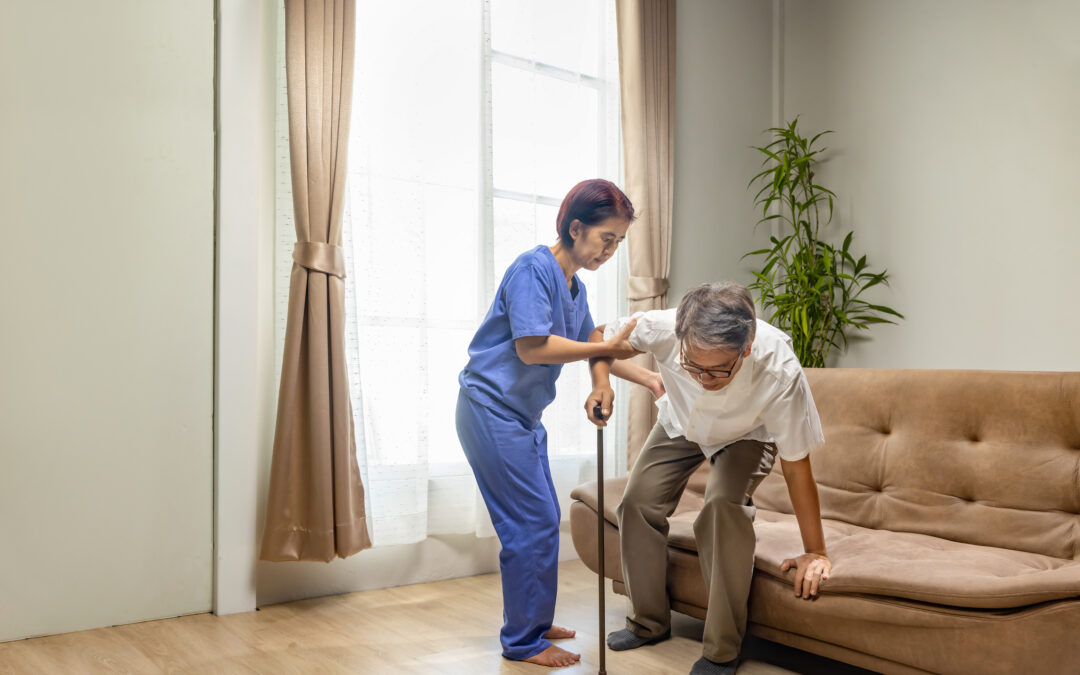Staffing Shortages in Nursing Homes Put Residents at Risk: After decades of underfunding, state survey agencies are experiencing serious staffing shortages that have impaired nursing home inspections and left residents vulnerable to nursing home malpractice, says a new report.
According to a recent press release from U.S. Senate Special Committee on Aging Chairman Bob Casey (D-PA), an investigation has revealed that a staffing crisis at several state inspection agencies has led to inadequate oversight at American nursing homes and put vulnerable residents at risk for nursing home malpractice. Details of the investigation, released in a report entitled “Uninspected and Neglected,” bring to light that nursing home surveyor vacancies in 32 agencies have directly impacted inspections, resulting in delays. A recent hearing within the Aging Committee held by Chairman Casey heard witness accounts that no meaningful funding increases for survey staff have been made since fiscal year 2015, despite rising costs and workload escalations, directly contributing to the staff vacancies, which the chairman called “unacceptable.”
The vacancy rates of these agencies are at least at 20 percent or higher, with nine state showing vacancy rates of 50 percent or higher. As a result, standard inspections are lagging at 28 percent of the nation’s homes. Despite the requirements of federal law—that standard inspections be conducted every 15 months—1 in 9 of these homes have not gotten one in two years. This lag in inspections has left victims of nursing home malpractice in danger.
“These staffing shortages mean that nursing home resident complaints—the same horror stories that we read about in the news about injured or abused seniors—are often not being investigated in a timely fashion,” said Casey. “Without sufficient resources, nursing home residents will continue to be at risk of substandard care.”
The lack of a federal funding increase plays a large role not only in staff vacancies, but also in the agencies’ high turnover rates and inexperienced workstaff. Wages for positions within survey agencies cannot currently compete with wages for the same positions at hospitals, nursing homes, or the private sector. Meanwhile, states are filling vacancies through the use of contractors, a practice that cost over $52 million since 2018 for the conducting of nursing home inspections on behalf of states.
Survey agencies oversee nursing homes by ensuring care standards are met in three ways: by conducting annual standard inspections, by investigating complaints of nursing home malpractice (taking enforcement actions when warranted), and by making survey results available to the public. Delayed inspections hinder all of these means of oversight, and especially cloud nursing home transparency for anyone seeking to choose a nursing home based on reliable current information about nursing home malpractice, such as on the Centers for Medicare & Medicaid Services’ Care Compare website.
Earlier this year, Casey, along with U.S. Senator Ron Wyden (D-OR), asked the Senate Appropriations Committee to provide $566 million in funding to CMS’s Survey and Certification program. In August 2021, Casey and Wyden also introduced the Nursing Home Improvement and Accountability Act, which also would provide $500 million in survey and certification funding to improve oversight and to hire, train, and retain surveyors.
Passionately Fighting against Nursing Home Malpractice and Wrongful Death
Attorney Brian P. Murphy is an experienced nursing home lawyer dedicated to preserving the health, safety, and rights of Pennsylvania, Philadelphia, or New Jersey nursing home residents. As a seasoned nursing home malpractice and wrongful death attorney, Brian Murphy has made it his mission to hold negligent Philadelphia/PA or NJ nursing homes accountable for abuse, neglect, and other forms of nursing home malpractice. Should you find yourself needing to contact a nursing home malpractice and wrongful death attorney, or if you need guidance in choosing a nursing home, call Brian Murphy today.







